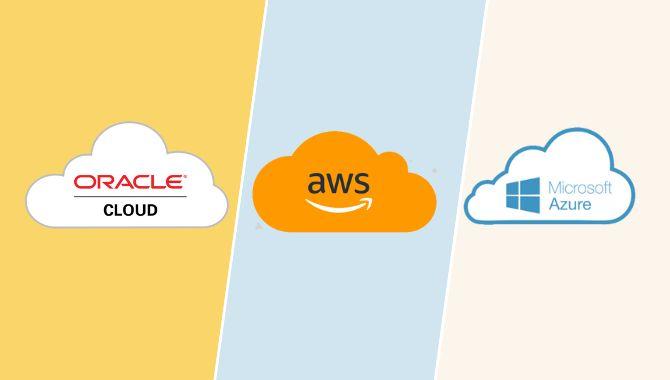Menu
Share this article
In the rapidly evolving landscape of cloud computing, businesses face the critical decision of choosing the right cloud infrastructure provider to meet their specific needs. Two major contenders in this space are Oracle Cloud Infrastructure (OCI) and the giants, Amazon Web Services (AWS) and Microsoft Azure.

Also Read, How to Manage Data Migration Challenges in Azure: Strategies and Tools
In the ever-expanding realm of cloud computing, the decision to choose between Oracle Cloud Infrastructure (OCI), Amazon Web Services (AWS), Microsoft Azure, and using providers like RalanTech is pivotal for businesses seeking optimal digital transformation. Each platform offers a unique set of strengths and features, making the decision a nuanced one based on specific organizational needs and priorities.
In conclusion, while AWS and Azure continue to dominate the cloud computing landscape, Oracle Cloud Infrastructure (OCI) stands out with its focus on high-performance databases and seamless integration with Oracle’s enterprise applications. Businesses should carefully assess their priorities and objectives before making a choice, considering factors such as performance, scalability, database services, security, and pricing.
Copyright 2024 | All rights reserved.
Disclaimer: “All trademarks used are the property of their respective owners, and their use here does not imply endorsement.”